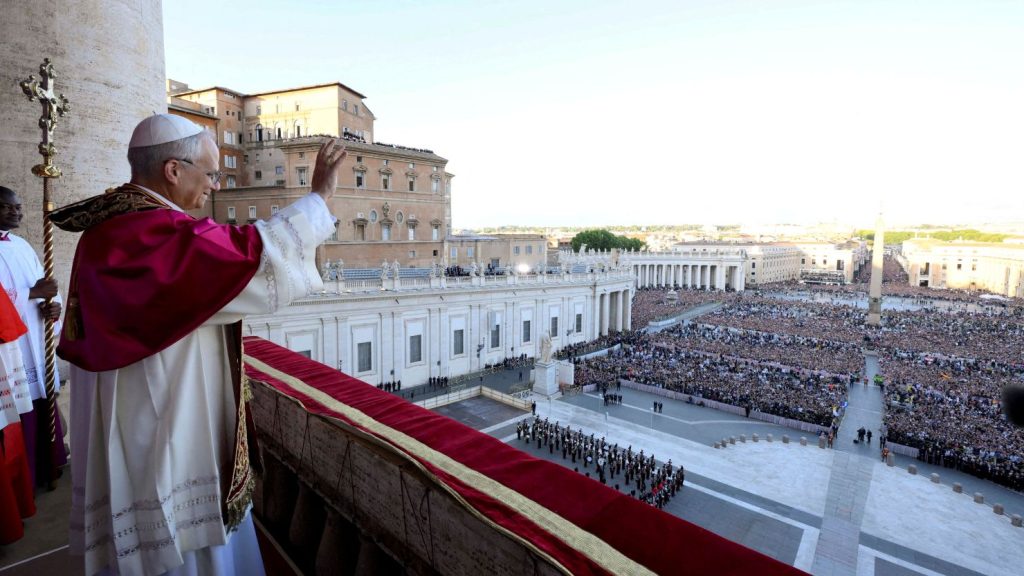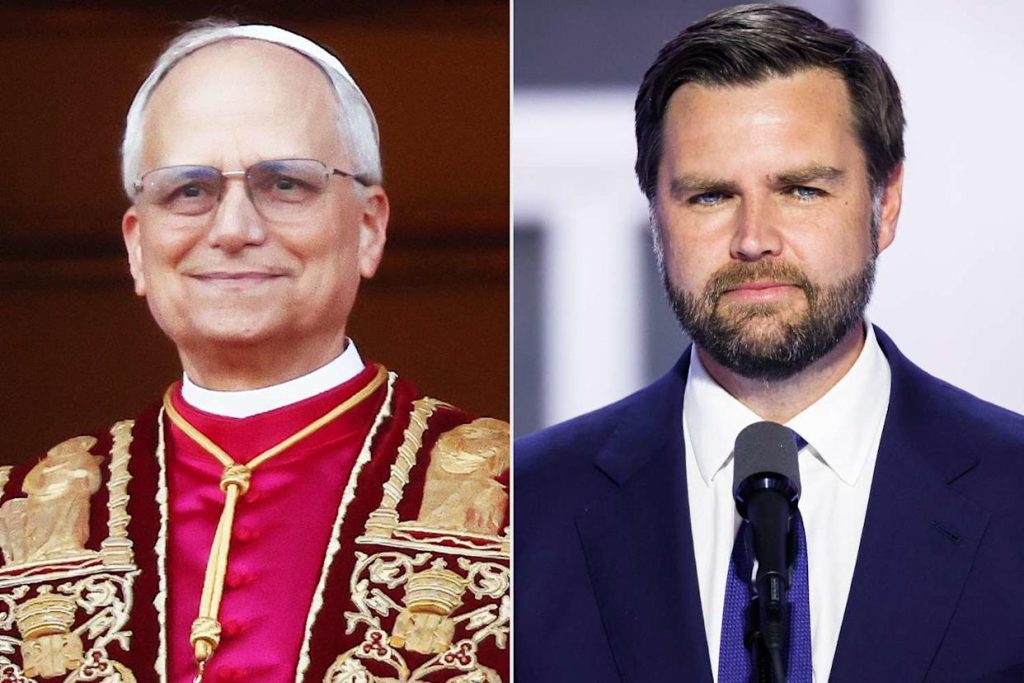On May 8, 2025, Cardinal Robert Francis Prevost of Chicago was elected as Pope Leo XIV, becoming the first American-born pontiff in the history of the Catholic Church. His election follows the death of Pope Francis and signals continuity with Francis’ progressive legacy. Pope Leo XIV has deep ties to Peru, where he spent over two decades working as a missionary and bishop. He is also known for his pastoral experience, commitment to social justice, and advocacy for workers’ rights. He selected the name Leo to evoke Pope Leo XIII, famed for his pro-worker stance.
A Background Rooted in Service
Pope Leo XIV’s extensive missionary work in Peru and his academic background in theology have shaped his perspectives on global issues. As a cardinal, he often used social media to express his views, aligning with Catholic teachings on compassion and moral responsibility. His years in Peru gave him personal knowledge of political violence and inequality. He also stood out as a defender of human rights of the population of the Norte Chico region against the violence of the radical group Shining Path.

Critique of Political Rhetoric
Pope Leo XIV has been particularly critical of Vice President J.D. Vance’s interpretation of Christian doctrine. Vance had claimed in a Fox News interview that Christians should prioritize love for their fellow citizens over others, a stance criticized by Pope Leo XIV and the late Pope Francis as inconsistent with true Christian doctrine. Leo XIV, then Cardinal Robert Prevost, rebuked Vance on social media for suggesting that “ordo amoris,” a Christian teaching on prioritization of love, justified the Trump administration’s harsh immigration policies.
Reactions from the Political Sphere
Despite Pope Leo XIV’s criticisms, Vice President Vance publicly congratulated him on his election, expressing hope for his leadership. Former President Donald Trump also extended his congratulations, highlighting the significance of an American ascending to the papacy. However, reports suggest that Trump had favored Cardinal Timothy Dolan for the position, given Dolan’s strong ties to the former president.
A Vision for the Church
In his first public address, Pope Leo XIV emphasized themes of unity, compassion, and inclusivity. He paid tribute to his predecessor, Pope Francis, and expressed his intent to continue advocating for marginalized communities. His approach reflects a balance between upholding traditional Catholic doctrines and addressing contemporary social issues.

Conclusion
Pope Leo XIV’s election signifies a new chapter for the Catholic Church, intertwining spiritual leadership with active engagement in global humanitarian issues. His past criticisms of political policies underscore his commitment to the Church’s teachings on compassion and justice. As he leads the Church forward, his perspectives are likely to influence both religious and political dialogues worldwide. As Pope Leo XIV begins his papacy, many observers expect him to focus on healing divisions within both the Church and the broader global community. His message resonates with younger Catholics seeking a more engaged and compassionate Church. Analysts also suggest that his American roots could help strengthen ties between the Vatican and Western nations, while his Latin American experience offers a vital bridge to the Global South. His leadership promises a thoughtful, inclusive future.

















